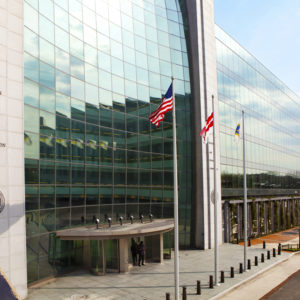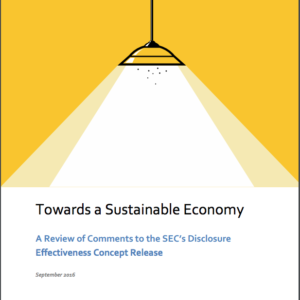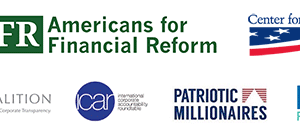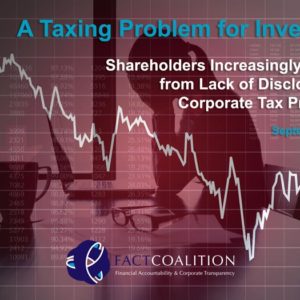
Coalition Welcomes New Tax Transparency Bill
Corporate Transparency and Accountability Act Would Better Inform Investors on Tax Risks Associated with Multinational Companies
WASHINGTON, D.C. – Rep. Mark Pocan (D-WI) today introduced a new bill, which would shine a light on the offshore tax practices of multinational companies. The Corporate Transparency and Accountability Act of 2016 would require publicly-traded multinational companies to report in their disclosure statements to investors information about revenues, profits, taxes, and certain operations on a country-by-country basis.





